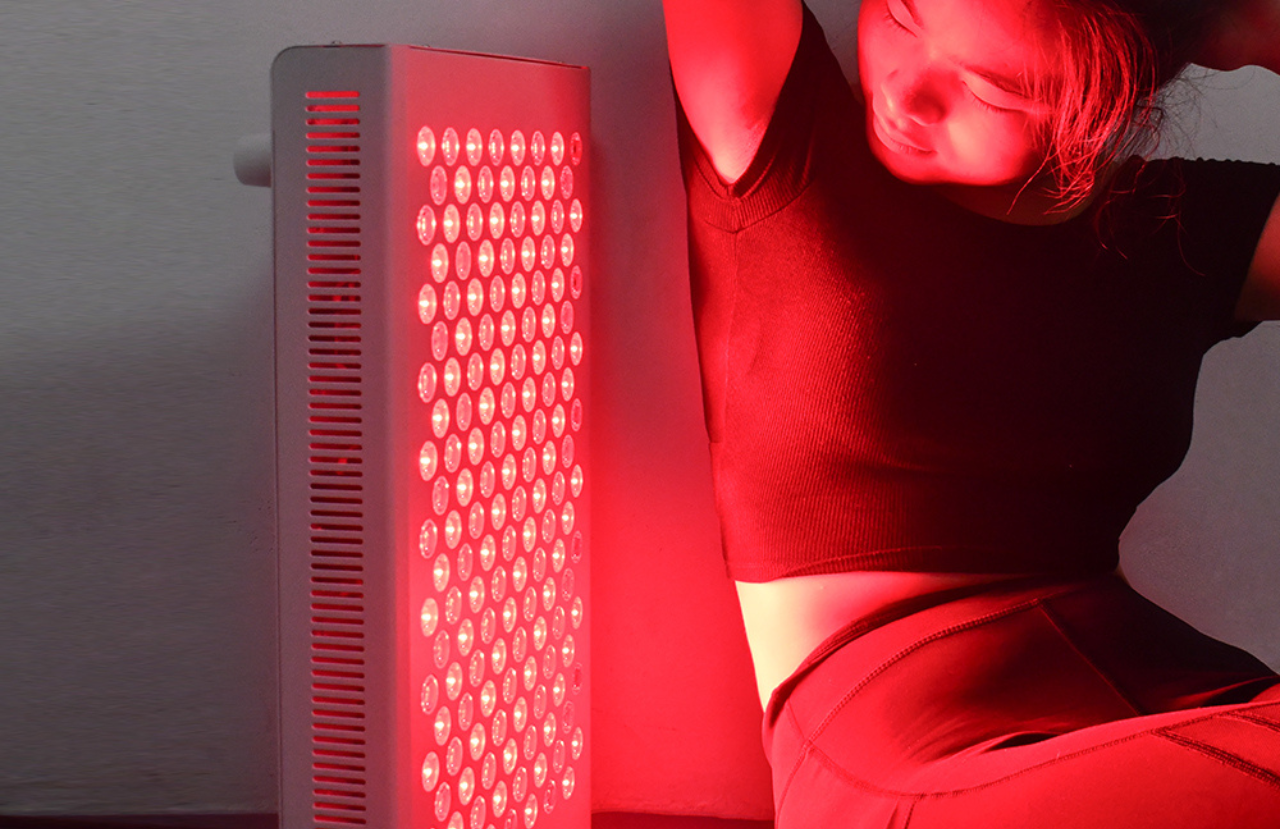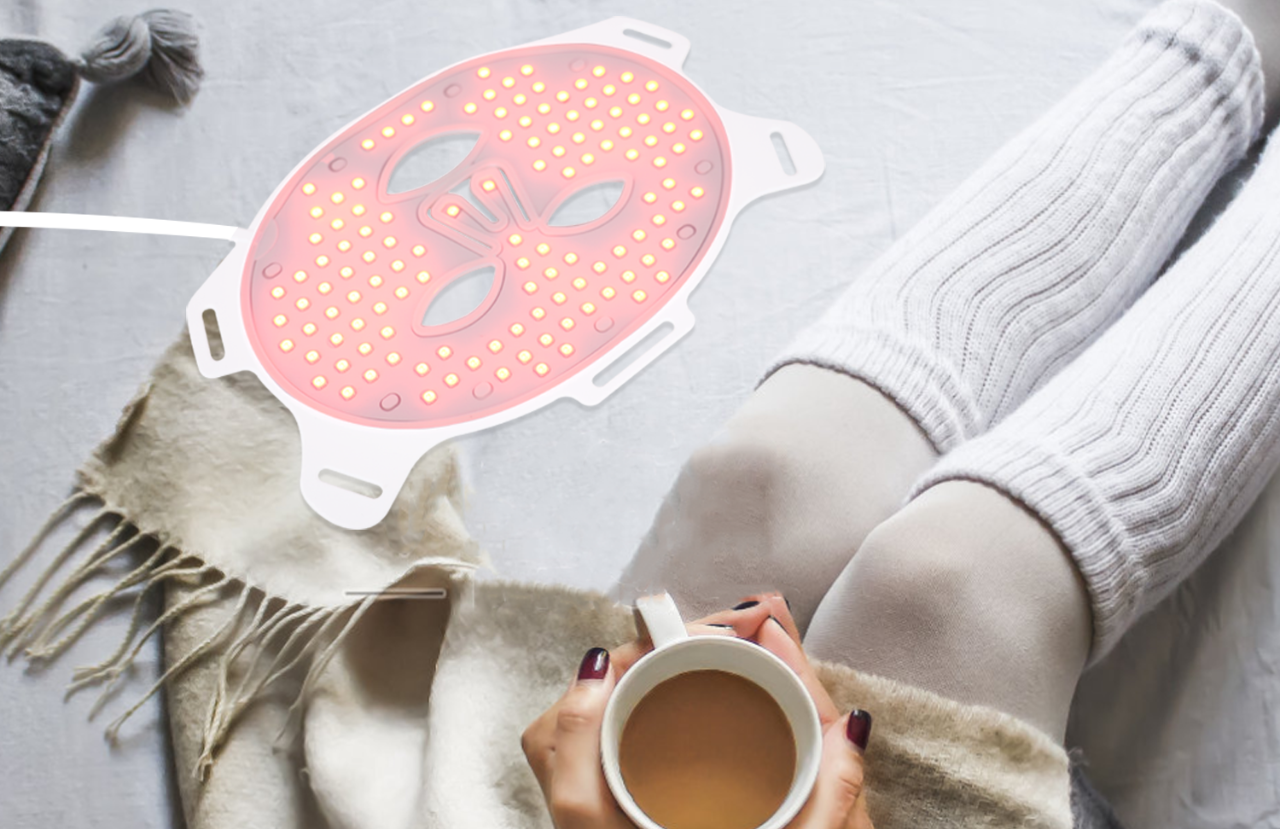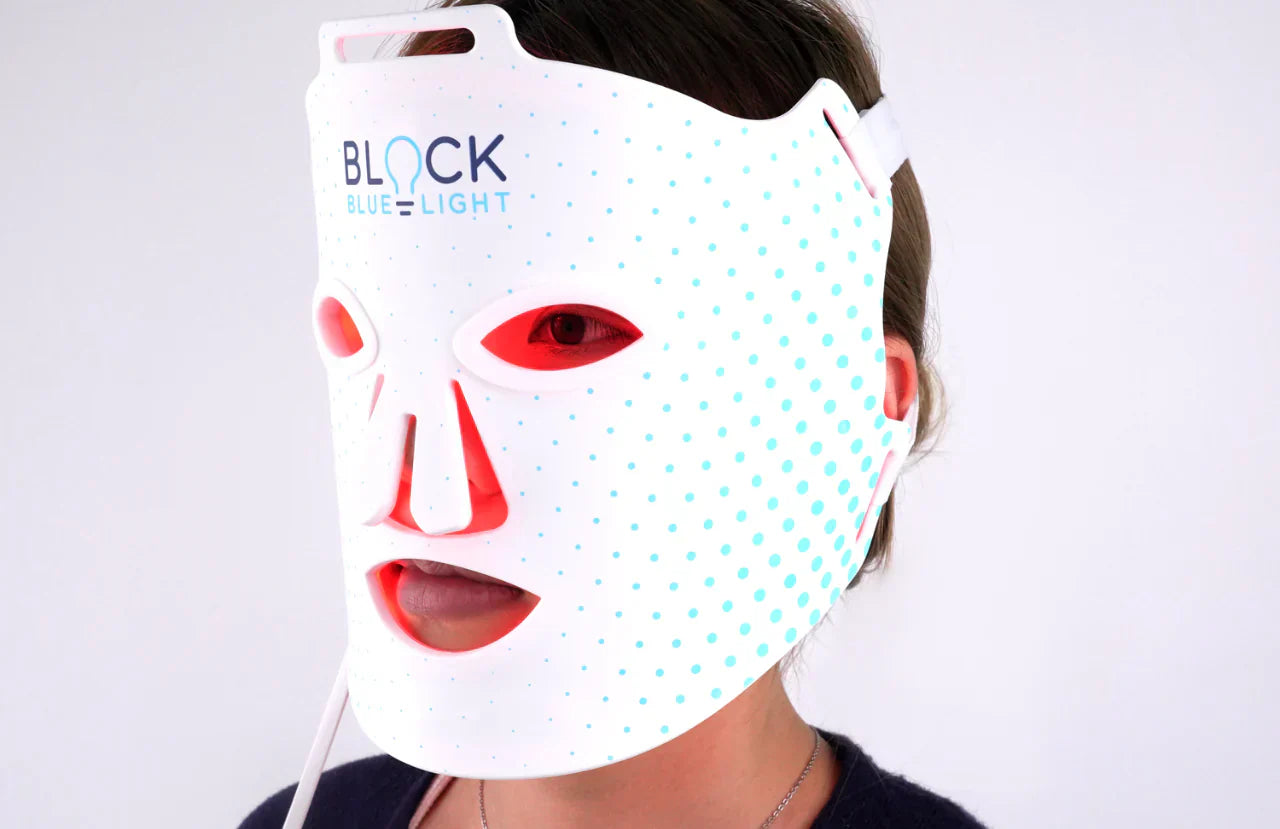Sleep. We all need it, yet it’s a struggle so many of us face. Trust me, I’ve been there! Whether it be that you’re waking up time and time again throughout the night or maybe you find actually getting to sleep a task in itself. Whatever your reason for not sleeping is, I’m going to help you resolve it.
Sleep is essential. Especially living in today's fast-paced society. Did you know that sleep plays one of the most important roles in enabling your entire mind and body to function properly? Without it, we are unable to properly process emotions, repair muscles or recover from illnesses efficiently (there is a reason we need so much sleep when we’re sick), the list goes on. With that being said, there are lots of tips and tricks which can really help.
Our bodies naturally follow something called a circadian rhythm. This is an internal process which regulates the sleep-wake cycle, repeating every twenty four hours. It works as your internal body clock. The circadian rhythm is directly influenced by your environment, especially light and dark. When properly aligned, the circadian rhythm can promote consistent, restorative and truly restful sleep. However when the circadian rhythm is thrown off, it can wreak havoc on how you sleep, causing all kinds of problems such as insomnia. Having a balanced circadian rhythm has also been shown to have a positive influence over our mental health.
Light exposure
You most likely already know that it’s much easier to fall asleep in the dark. However, light exposure has a far greater impact over the quality of our sleep than we may think. This is because of the circadian rhythm we discussed previously.
Light affects the production of melatonin (the sleep hormone) within the body. Melatonin is a hormone naturally released from the brain in response to darkness. Therefore, being exposed to too much light before sleep hinders this process from happening effectively.
Ensuring adequate natural light exposure during the day is also paramount for good quality sleep. The best light for regulating our sleep cycle is natural sunlight. So making sure you get outside for at least a few minutes every day is encouraged. This is all to do with the wavelengths of light. Blue light for example which we get from phones, TVs, LEDs etc. has a much shorter wavelength. Therefore, it is advised to limit use of these once the sun sets so that the body can begin melatonin production in preparation for a good night's sleep.
Yoga
Yoga has been shown to have profound effects over sleep quality in all ages, no matter your stage of life. One of the reasons for this is that it is a proven stress reducer and the relaxing movements encourage mindfulness. Mindfulness has been proven to help increase the brain's production of melatonin. Yoga also brings awareness to the breath, a known, tried and tested relaxation technique.
Some particular styles of yoga are better to practice directly before bed to encourage a restful night's sleep;
Hatha yoga involves gentler poses, held for longer periods of time. This creates an emphasis on the breath, turning the practice into a moving meditation.
Yoga nidra is practiced lying down. This means you can even do it in bed! It involves focusing on the breath cycle whilst bringing awareness to specific parts of the body which in turn, quietens the mind, improving sleep quality.
Some of the best yoga poses to do before bed include, standing forward beds (uttanasana), reclined butterfly pose (supra baddha konasana), legs up the wall (viparita karani) and corpse pose (savasana). All of these poses have powerful relaxation effects over the body.
Developing a night time routine
You're never too old for a good night time routine. No, they’re not only for babies and children. In fact, I believe everyone should have one. It’s no secret that falling asleep when you’re relaxed is much easier than when you’re wound up after a stressful day at work. This is because our bodies need time to wind down. Having a routine before bed allows time for this whilst also signalling to the brain and body that it’s time to settle down and switch off for the day.
Our bodies thrive off of routine. Therefore, a solid night time routine will not only help you to wind down effectively but also indicates to the body that it’s coming close to sleep time. This is another way to encourage natural melatonin production.
Environment
Creating a restful environment has been shown to have a positive impact over how we sleep. Our bodies are highly sensitive to our surroundings and because of this, it is highly important that we create a calming, peaceful space.
Everyone has different preferences when it comes to the ideal sleeping environment, there is no one-size-fits-all. A few things to take into consideration when creating your ideal space include; temperature, light and noise around you when sleeping.
It is also encouraged to keep the bedroom strictly for sleeping (where possible). The bedroom should be a relaxing space. Therefore it is best to keep it that way at all times of day. Avoid working from bed or doing anything that has the potential to overstimulate the mind.
Food and drink
Sleep, along with diet play two of the most fundamental roles in our health. The two go together, hand-in-hand.
The food and drink you consume has been proven to have a direct impact on how you sleep, with certain foods and drinks making it more difficult to get the restful sleep our bodies need. While on the other hand, getting good quality sleep aids us in making better dietary choices. One can’t work effectively without the other.
You’re probably now wondering what exactly you should be eating to be in with the best chance of a restful night's sleep. It's really quite simple, a good general rule to follow is ensuring you’re eating regular meals and snacks throughout the day, to adequately fuel the body. A balanced diet, primarily made up of whole foods with plenty of fruits, vegetables, proteins and carbohydrates such as potatoes, oats and rice will ensure that the body is getting a good range of vitamins and minerals.
Going to bed hungry or too full also impacts how we sleep. Everyone’s body works differently so do what works for you. However, a good general rule is to avoid eating overly processed foods or sugary drinks before bed. It’s best to stick to water.
Foods containing calcium are known to promote a good night's sleep. That glass of milk that’s always been spoken about might have some truth behind it after all. Grains such as oats, nuts, bananas, yoghurt, honey and eggs are also other great options.
Another thing that prevents a good night's sleep is alcohol. In some cases, you may feel like it makes you fall asleep faster. However, studies have shown it actually does the opposite and directly affects the overall quality of our sleep. Another sleep enemy is chocolate. Did you know that chocolate actually contains caffeine? It’s best to avoid any caffeinated foods before bed. Fatty or spicy foods should also be avoided directly before sleep as these can overwhelm the digestive system.
Journaling
Journaling has been shown to have an amazing ability to quieten the mind. I don’t know about you but if I’ve had a stressful day or have been worrying about something, as soon as my head hits the pillow, my mind goes into overdrive. Imagining every made-up scenario that’s humanly possible. This is simply not ideal when trying to get my eight hours of beauty sleep!
Keeping a journal beside your bed can really help with this. Before going to sleep each night, use the journal to write down all your thoughts from the day, any worries you may have, things you need to remember or even anything that may have annoyed you. Doing this nightly ritual not only adds to the bedtime routine, helping you wind down but also quietens the mind in preparation for sleep.
And there you have it, all my tips and tricks for a better night's sleep. Now it’s over to you. Go try them out and with any luck you’ll be sleeping like a baby in no time!
This article was written by yoga enthusiast Amy on behalf of Valka Yoga. Amy has always had a passion for all things health related. As a practising Yoga instructor and Reiki energy healer, Amy is fascinated with learning, researching and writing about how to live a healthy, happy, natural lifestyle. Valka Yoga sell beautiful, ethically sourced yoga mats as well as lots of useful yoga props and accessories. You can shop their collection of eco friendly yoga mats here!





